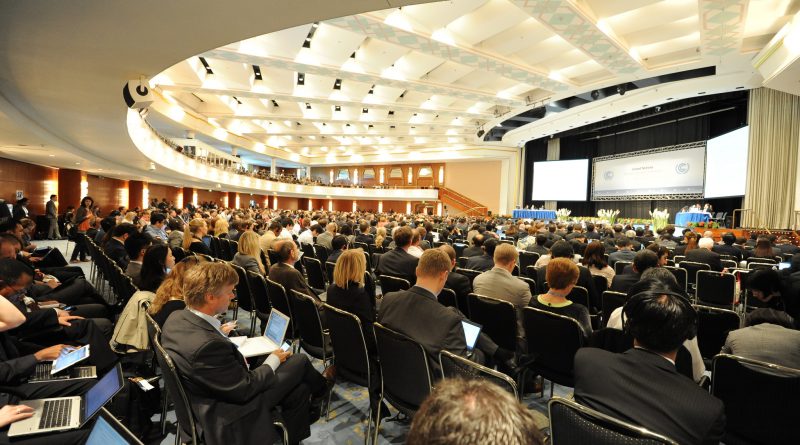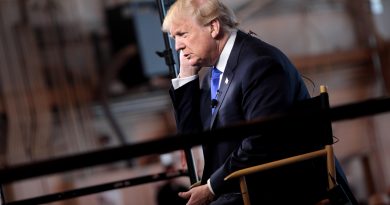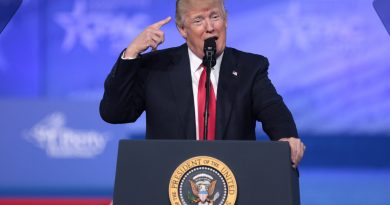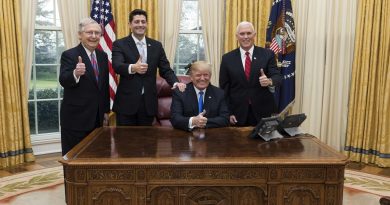10 Things to Read About Climate Change Agreements
In the aftermath of the entry into force of the Paris Agreement, on November 4, 2016, it is necessary to understand the main actors and agreements that have shaped international climate change regimes. From the most skeptical to the most environmentalists, environmental policy is definitely a time bomb among the great powers, which ultimately affects the smaller nations. For a better understanding on these issues, we have prepared an article with things to read in two parts: the main protocols, agreements, and economic impact; and the main actors.
-
The Kyoto Protocol Implementation
Adil Najam, Saleemul Huq and Yoruba Sokoma explain on “Climate negotiations beyond Kyoto: Developing countries concerns and interests” (2003) the difficulties regarding the implementation of the Kyoto Protocol, namely the United States’ refusal to become a signatory. The article states that “from the perspective of the developing countries of the south, the Protocol, which had been imperfect to begin with, is now all the more imperfect” and that “the Protocol is best viewed as a long-term architecture for solving the climate problem through sequentially negotiated”. Peter Cameron gives us another perspective on “From principles to practice: The Kyoto Protocol” (2000), focusing on Kyoto’s pros – new opportunities to develop green products and services – and cons – the economic impact and oil dependency.
-
Retrospective of the Kyoto Protocol
Some authors started to report the conclusions of Kyoto’s first period (2008-2012). I suggest “Compliance of the parties to the Kyoto Protocol in the first commitment period” (2016), an article by Igor Shishlov, Romain Morel, and Valentine Bellassen that focuses “on the domestic and international compliance of the parties”, also mentioning and analyzing statistical data until late 2015. Michael Grubb’s article “Full legal compliance with the Kyoto Protocol’s first commitment period – Some lessons” (2016) complements the previous one, stating that international law matters and that the protocol had a great impact, from economy to security. Grubb concludes it with a reflection about Kyoto and Paris.
-
The Failure of Copenhagen
Uttam K. Sinha focuses on the “Climate summit at Copenhagen: Negotiating the intractable” (2009), stating that climate change is a major challenge since it is very difficult to reach an agreement between the parties, and that the interests of the most powerful states are often between the problem and the solution. The author also refers that the COP-15’s failure does not mean the end of the attempt to reverse the effects of climate change, but rather a way of understanding the points to be improved. Peter Christoff explains the emergence of a more environment-friendly China in the Copenhagen Summit in his article “Cold Climate in Copenhagen: China and the United States at COP-15” (2010), highlighting the tension between the two countries. Christoff notes that the COP-15 was the largest summit until 2009, shrouded in great expectation as it began to delineate a post-Kyoto future. However, instead of concrete goals, targets, and measures, Copenhagen emerged as a political text wrapped in an arm-rail between China and the US. For an analytical perspective, I suggest “Copenhagen Accord faces first test” (2010), published in Strategic Comments, where it is explained that the “success of non-binding agreement remains to be seen”, noting the newly formed coalitions, and its “dramatic finale.”
-
Paris Agreement
“Climate change: Divisions persist ahead of Paris summit” (2015) is an article published in Strategic Comments in which we can find an overall assessment on the Paris Agreement (its pillars, the process, the legal issues or the disagreements over the draft, for example). For further reading on Paris Agreement, I suggest a previous (more general) post published here on Changing World: Climate Change Talks: Will We Always Have Paris?
-
Economic Impact
Climate and environmental friendly policies do not always benefit companies that have relatively polluting industries. In that sense, Thomas L. Brewer published “The WTO and the Kyoto Protocol: Interaction issues” (2004), stating “that although there are many interactions that are not problematic and some that offer the potential for win-win outcomes, the possibility of offsetting border measures that could be applied against energy-intensive imports from the USA may become a particularly nettlesome issue.”
More will come in the next few years, mainly because President-elect Donald Trump and his cabinet are skeptical about the effects of climate change and do not want to reverse these effects so far (they even want to give up the Paris Accord signed in 2015). Make sure you read the second part of this article for 10 reading suggestions regarding the main actors on climate change matters.
High-level ministerial roundtable under the Kyoto Protocol. Photo by UNclimatechange / CC BY 2.0
![]() This work is licensed under a Creative Commons Attribution-NonCommercial-ShareAlike 4.0 International License.
This work is licensed under a Creative Commons Attribution-NonCommercial-ShareAlike 4.0 International License.




